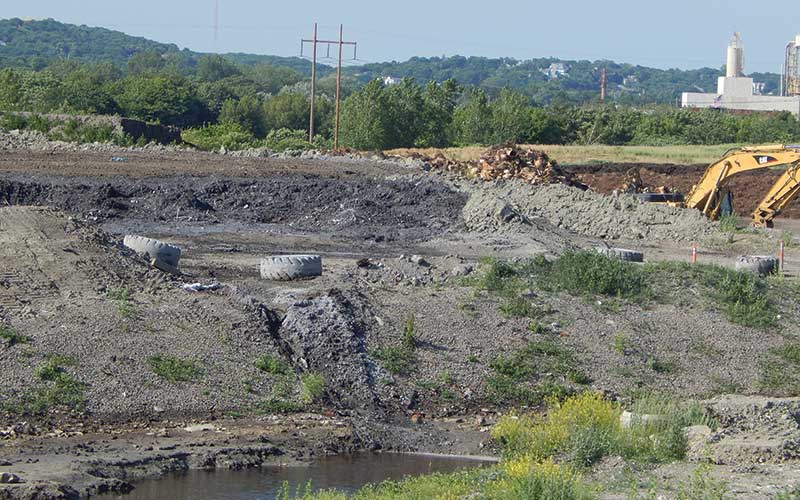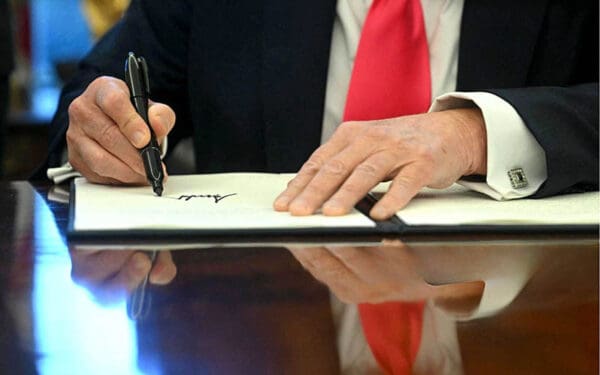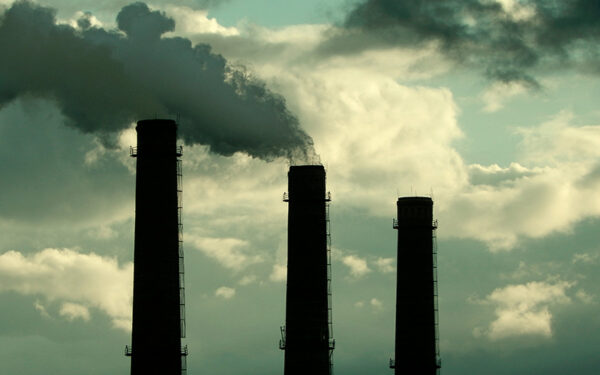
CLF Launches Zero-Waste Project to Tackle Massachusetts’s Trash Problem
On a Monday night in February, more than 100 people crowded into the Sturbridge, Massachusetts, town hall for an emergency meeting of the town’s Board of Health. Nineteen wells in the Sturbridge neighborhood closest to the massive Southbridge Landfill had just tested high for lead – a dangerous neurotoxin proven to do irreversible harm to young children. Recent tests had also revealed a possible carcinogen, 1,4 Dioxane, in six wells in the same testing area.
The residents in the town hall that night were tired, frustrated, and angry. This wasn’t the first time that wells near the landfill had tested positive for contamination; more than 15 dangerous toxins were found in home wells in nearby Charlton in 2015. Like their Charlton neighbors, these Sturbridge residents would now be forced to use bottled water for drinking, cooking, and brushing their teeth, while still having to bathe their children in the contaminated water.
Though the landfill’s owner, Casella Waste, denied any links between its facility and the well contamination, residents knew of no other source of such industrial pollution near their homes. With Casella Waste now seeking approval from the Massachusetts Department of Environmental Protection (DEP) to dramatically expand the state’s largest landfill for the second time in 10 years, residents were fed up. One by one, they stood up that night to demand of the DEP’s Regional Director, “What is it going to take for you to shut down the Southbridge Landfill?”
Among those standing up was Kirstie Pecci, a Senior Fellow with Conservation Law Foundation, whose own home – and those of many of her family members – sits barely a mile from the landfill. Pecci has fought for nearly a decade to shut down the facility that is polluting her family’s air and water. The fight to close this one landfill, however, has turned her into a crusader against all landfills – and with good reason.
While landfills hide garbage from plain sight, they are responsible for dangerous levels of pollution in the communities where they are located. All landfills inevitably release toxic gas into the air and leak contaminated water into the surface and groundwater. Even the best ones start to break down after 25 years – and landfill leaks can’t be repaired. What’s more, waste incinerators emit toxins, including cancer-causing dioxin, and climate-damaging greenhouse gases into the air.
The bottom line is that landfills harm people’s health, the environment, and the climate. That reality has led CLF, with Pecci’s help, to launch the Zero Waste Project. Its goal: to close down every landfill and waste incinerator in Massachusetts, and to make the Commonwealth a zero-waste state.
Landfills like the one in Southbridge are commonplace in the United States today, with more than 3,500 sites active across the country. In Massachusetts, the 5.5 million tons of trash generated here annually are buried and burned at 11 landfills and 7 incinerators – and all but one of the incinerators is located in an environmental justice community. The waste from the burned trash is then buried at 6 additional ash landfills around the state.
Fixing the Commonwealth’s trash problem isn’t just about eliminating polluting landfills and incinerators, however. Of that 5.5 million tons of solid waste sent to the state’s landfills every year, DEP estimates that 40 percent, or about 2.2 million tons, is made up of materials that are actually prohibited from being buried or burned.
In addition, the Environmental Protection Agency estimates that 75 to 80 percent of all materials commonly disposed of in household trash is recyclable or compostable. In Massachusetts alone, then, 2.2 million tons of waste should be diverted from landfills and incinerators by law, and another 2.2 million tons could be diverted if appropriate programs were expanded and enforced.
But communities in the Commonwealth vary widely in their approaches to trash. In Newton, which has a full-time recycling coordinator and comprehensive curbside program, the average resident generates 480 pounds of waste per year. In other cities and towns, options are more limited, driving up the average amount of trash generated per person to more than 600 pounds annually. Cities above that average include Springfield (739 pounds), Andover (784 pounds), Braintree (828 pounds), and Needham (684 pounds).
CLF is taking a multi-pronged approach to solving the problem, starting with fighting proposed expansions of the state’s dirtiest and most dangerous landfills and incinerators, including Casella Waste’s Southbridge Landfill and Wheelabrator’s Saugus Ash Landfill. While fighting their unlawful expansions is one step, the ultimate goal is to shut down these polluting facilities for good.
At the same time, CLF is leading the charge for more rigorous enforcement of existing regulations around the disposal of waste, to ensure that recyclable and toxic materials already banned from landfills don’t end up in them, anyway. New legislation will also help. A bill proposed by state Senator Ann Gobi in the current legislative session will promote programs that incentivize recycle-and-reuse over dump-it-and-forget-it.
Finally, changing behaviors at both the community and individual level will be key. CLF will be looking to both support communities that currently lack city-wide recycling programs and to bolster existing programs across the state.
The road to a zero-waste Massachusetts – and, in the long-term, a zero-waste New England – will be a long and uphill one. But that emergency Board of Health meeting back in February has already put the state one step closer to CLF’s goal. Because, despite past decisions that almost always favored the landfill owners, DEP appears to have heard those fed-up residents loud and clear. Just two days after the meeting, the agency issued a determination that the site was not suitable for the expansion proposed. Though that determination was just one step in the approval process for the entire expansion plan, it could sound the death knell for the project.
Kirstie Pecci was elated by this outcome, but she knows there’s still much more work to do. Though expansion plans may be scuttled, the Southbridge Landfill remains open, her neighbors’ wells are still contaminated, and there’s nothing to stop other home wells from being polluted. But that just spurs Pecci and CLF to keep fighting.



